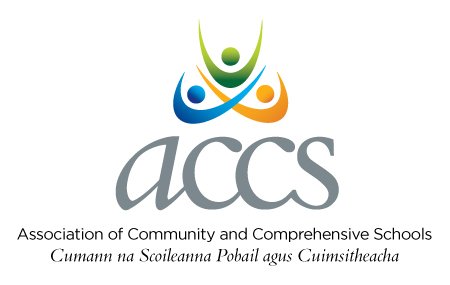12. School Internal Controls
Last updated: Tue, Sep 20th, 2016 12:33:17 pm
12.1 Internal controls are defined as the whole system of controls, financial and otherwise, established by the Board in order to carry on the affairs of the school in an orderly and efficient manner, to ensure adherence to Board and Department policies, safeguard school assets and to secure as far as possible the completeness and accuracy of the school records and returns to the Department.
12.2 It is the responsibility of the Board to decide the extent of the internal control system that is appropriate to the school.
12.3 The main controls are:
Segregation of duties. This is to ensure that no one individual has complete control over all aspects of the cash cycle i.e. receipts and payments. This reduces the risk of intentional manipulation or error.
Physical controls limiting access to assets, school recording systems and bank accounts.
Authorisation and approval by an appropriate person of all transactions. The limits in this regard should be specified by the Board.
There should be procedures to ensure that staff members have the capacity to perform the tasks assigned and receive appropriate training. Staff should also be formally made aware of their obligations towards the Board, in particular, maintaining confidentiality in relation to school business and the avoidance of conflicts of interests in relation to the supply of goods and services to the school.
Job procedures and descriptions for administrative staff in their respective roles should be fully documented and should be reviewed periodically to bring them up to date. A contingency arrangement should be put in place for staff absences to minimise the loss in operational functionality in the school.
The work of school staff should be supervised and checked by a person not directly involved in a task i.e. the Principal or other nominee of the Board authorised to carry out an independent check.
The Board should ensure that access to the school office is monitored and all valuables, including cash and confidential files/documentation are secured appropriately and accessible by designated staff only.
Boards should set-up and operate a Finance Sub-Committee of the Board of Management to monitor school systems and school finances more closely.
12.4 It is recognised that schools may find it difficult to maintain a high degree of segregation of duties. In such circumstances, the most effective form of control is the close involvement of management in overseeing the financial affairs of the school. The Board should as a minimum receive and inspect financial reports that show the school’s performance against budget on a regular basis. Material variations should be queried and explanations furnished.
12.5 A finance committee is a subcommittee of the Board of Management established to carry out the duties assigned to it by the Board within stated terms of reference. Such a committee can be of major assistance to both the Principal and the Board.
In order to establish a finance committee, the Board needs to formally agree:
terms of reference and functions to be performed by the committee.
membership of the committee – this should ideally comprise the Principal and two nominees of the Board. On occasions, the Board may also wish to invite a non-Board member to sit on such a committee.
tenure of office.
reporting arrangements with the Board.
Sample terms of reference are as outlined at Appendix 3 to the Manual. It is not envisaged that this type of Committee should add significantly to school overheads.
12.6 The Board is responsible for ensuring the integrity of the On Line Claims System (OLCS) at school level and should formally approve the roles of school personnel involved in the OLCS.
A short report should be read into the minutes of every Board of Management meeting listing the names of all substitutes and part-time teachers for whom claims have been made on the OLCS system since the last board meeting.
Boards should fully comply with the provisions of Circular 24/2013 (Operational Guidelines for Boards of Management and staff designated to operate the On Line Claims System in recognised Primary and Post Primary schools).
12.7 The Board of Management should implement a system in the school for recording and monitoring absences including annual leave and sick leave of non teaching staff. Boards of Management are responsible for the recording of absences of teachers and special needs assistants on the OLCS.
12.8 The Board of Management should implement a timesheet or similar electronic system for recording the hours of attendance of clerical and maintenance staff.
12.9 The Board of Management should note that employers are subject to inspection by the National Employment Rights Authority and in this regard should be aware of their obligations to ensure compliance with employment rights legislation. The following document on the National Employment Rights Authority website will be of assistance.
12.10 In the sections which follow, the more important control considerations for each of the main transaction streams and other matters are outlined

